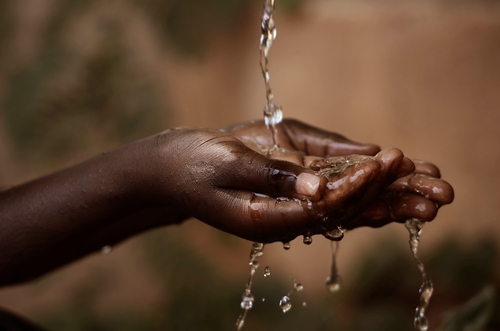
Water for society – Including all
World Water Week, the leading annual event on global water issues, was held in Stockholm from August 25-30, 2019. https://www.worldwaterweek.org World
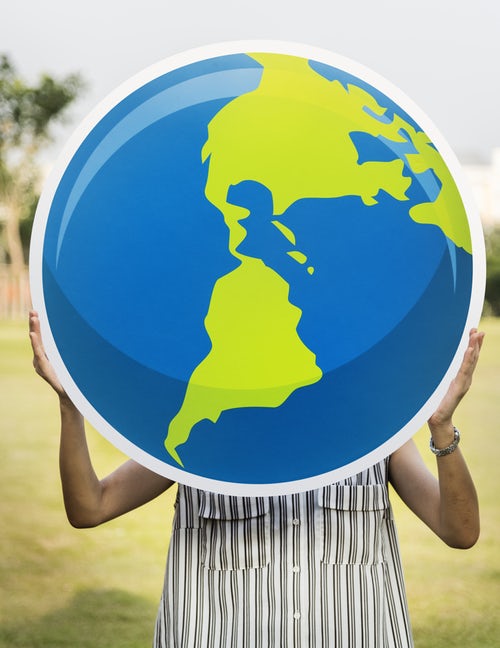
Share with Friends

No doubt you’ve made some resolutions for 2019. Maybe you want to incorporate more vegetables into your diet and cut out the sugar after all of the holiday gorging. Or perhaps you’re looking into finally getting that gym membership you’ve been putting off. It’s great to be kinder to your body at this time of year but what about being kinder to the planet?
Our anxiety about climate change seems to ramp up daily as we see record-breaking natural disasters. We feel helpless as scientists and politicians struggle to find the best course of action. But what can we do to help? One simple thing that everyone can do is to stop drinking bottled water. Canada is the land of lakes and streams but astonishingly Canadians spend about $2.5 billion on bottled water every year. In 27 hours Americans drink enough bottled water to circle the earth in empty bottles.
And talk about waste! 1.5 million tons of plastic waste is produced annually! As a result, plastic water bottles are the fastest growing form of municipal waste in North America.
Canada’s bottled water industry has argued that customers actually drink tap water at home and buy bottles when they’re out as an alternative to other packaged drinks, like pop or juice.
You can likely get free tap water at almost any establishment that will sell you bottled water, though they won’t necessarily advertise that fact.
Purified bottled water is almost always acidic. It has been stripped of its healthy, naturally occurring minerals. It’s not healthy mineral water, it’s mineral-free water! It’s harder to absorb which may even make you feel bloated when you drink it.
Check your labels. The majority of bottled water is simply treated and repackaged tap water. And because bottled water is less regulated than tap water you may not know exactly what you are drinking. . A recent study found a flame retardant, disinfectant by-products, chloroform, and a rather notorious plastic additive.
Of course, the worst slight against bottled water is that it’s a needless burden on the environment. Nestle, which controls about 30 per cent of Canada’s bottled-water market, says 70 to 75 per cent of Ontario water bottles get recycled. Stewardship Ontario, which helps fund blue box programs across the province, estimates that only 66 per cent of all household plastic beverage containers are recycled.
Environmental groups say the figure is much lower. By any measure, though, a significant proportion of our plastic drinking bottles end up in landfills where they will sit for centuries.
It’s not healthy for the environment and it’s not healthy for your wallet. Bottled water will always cost you more per gallon than a gasoline. Most of the price goes to bottling, shipping, packaging and marketing.
Companies like Nestle, Pepsi (Aquafina) and Coca-Cola (Dasani) and other bottlers love it because it’s great for the bottom line.
Bottled water typically costs them almost nothing to make – especially compared to soda, teas, sports drinks or other packaged beverages.
Tap water costs a fraction of a penny per gallon. Adding the cost of any Best Water ionizer or filter gives you the cleanest and healthiest water at a bargain! So take back your tap and enjoy the freshest water possible without polluting the environment. It’s good for everybody.
After we drink it
And what happens to that bottle of water after we drink it? Eighty per cent of plastic water bottles that we use end up in landfill. Landfills around the world are bursting at the seams with thousands of tons of plastic water bottles. It takes up to 1,000 years for a plastic water bottle to decompose and each bottle leaks harmful chemicals into our environment along the way as it decomposes. Studies show that the toxins decomposing bottles of water leach into our environment cause a variety of health issues including reproductive problems and cancer.
A million plastic bottles are bought around the world every minute and the number will jump another 20% by 2021. Fewer than half of the bottles bought in 2016 were collected for recycling and just 7% of those collected were turned into new bottles. Instead most plastic bottles produced end up in landfill or in the ocean. There has been growing concern about the impact of plastics pollution in oceans around the world. Recently scientists found early 18 tons of plastic on one of the world’s most remote islands, an uninhabited coral atoll in the South Pacific.
Some bottled water manufactures even claim that we will be smarter for drinking it but given all of these facts you have to see the irony of that statement. Drinking clean, filtered tap water is a much safer and more economical solution that leaves a low carbon footprint. A filtration system like the UltraStream delivers cleaner water than any commercially produced bottled water. It uses no electronics and is easy to install. It filters out pesticides, choramines and chlorine, heavy metals and fluoride while infusing the water with molecular hydrogen and adds a sea of essential minerals to every glass.
Fill your glass or stainless steel water bottle from your ioniser to drink purified water on the go and never be caught short again.
Do you live in an area with very hard water? You may not be able to taste it but you’ll know it when you see the impact on your appliances. Hard water contains an overabundance of minerals – mainly calcium and magnesium – two minerals that on their own are healthy for the human body. However, as the limescale builds up as hard water flows through a pipe, it will crystallize into a sticky structure and the build up will eventually have a destructive effect.
All of your appliances that use water – your washing machine, your dishwasher, your water heater, your kettle and even your toilet – will stop working efficiently after a short period of time. And, the build up will eventually shorten the lifespan of your appliances significantly. You may find yourself having to replace them every 2-3 years or significantly before you normally would.
You will also notice other challenges with hard water. Soap doesn’t lather well in hard water. It may leave your dishes spotty, laundry dingy and hair dull. Scale deposits are also a perfect breeding ground for bacteria and other unwanted micro-organisms.
Rust will also accumulate in your pipes and that may lead to corrosion. And, eventually you could be looking at replacing your entire piping system.
Conventional water softeners address this problem by removing the minerals in your water and replacing them with salts (usually sodium chloride). The environmental impact of traditional salt-based softeners is enormous. The residue from these water softeners is released into the environment and can adversely affect rivers, streams and aquifers. This can have a catastrophic effect on marine life and agriculture.
Removing salt in typical municipal waste-water treatment plants is extremely expensive, as additional micro filtration and reverse osmosis facilities must be built to remove chloride from the treated wastewater.
The system itself uses water to flush itself out regularly in a process called regeneration. It is estimated that the system typically uses about 25 gallons a day, or up to 10,000 gallons per year. That’s a lot of wasted water down the drain.
Softened water is not healthy to drink—not only for sodium-sensitive, hypertensive patients, but also for healthy people as well. For hypertensive people on a low-sodium diet, softened water contains sodium. But softened water may also contain metals (such as lead and copper, which have been leached from the metal pipes, faucets, and soldered joints of the pipes.
Why would softened water contain metals? Softened water may contain metals because water is a universal solvent. When water is heated or softened, it is more prone to leach metals from water pipes and other parts of the indoor plumbing system. Copper in pipes, lead in soldered joints, and metal faucets are especially vulnerable to heated or softened water. Thus, in addition to containing sodium, softened water may have lead, copper, and other metals.
A much more practical and environmentally friendly alternative to softening water is by using an electronic anti-scale system. This method is an eco-friendly water treatment that is based on the principle of physical water treatment – electronic impulses literally change the crystallization process of the liquid calcium making the hard scale lose its adhesive power. The technology works exclusively with capacitive electric impulses: no use of any salt or chemicals and is not magnetic-based. Therefore, it operates 100% independent of the water flow rate in the pipe and guarantees the right output at all times.
This system renders the water safe for all of your hard water concerns and is very low maintenance. It also a healthier alternative for babies, children, elderly people and people with salt restricted diets or anyone who is concerned about their sodium intake increase when using a conventional water system. This system adds no sodium to your drinking water and lets your benefit from the healthy calcium and magnesium in your water.
These are some simple solutions for you to take responsibility for your health at the same time as you take responsibility for the planet. For more ideas call us at: 1-887-771-1942 or check out our full line of environmentally responsible products: www.waterionizer.org.
Share with Friends

Julia Abelsohn is a writer, editor and clinical aromatherapist. She has been sharing her expertise and passion for health and wellness for over 25 years. When not at her desk she can be found exploring the many trails and green spaces near her home in Edmonton, Alberta.
Featured
Drink healthy, hydrogen-enriched water on the go with the AOK 808
The only USA-made water ionizer filter that has certified independent test results for reducing 172 contaminants by 99.9%.
World’s most advanced natural filter, alkalizer, ionizer and hydrogen system all in one affordable package.
Follow Us
Latest Posts

World Water Week, the leading annual event on global water issues, was held in Stockholm from August 25-30, 2019. https://www.worldwaterweek.org World
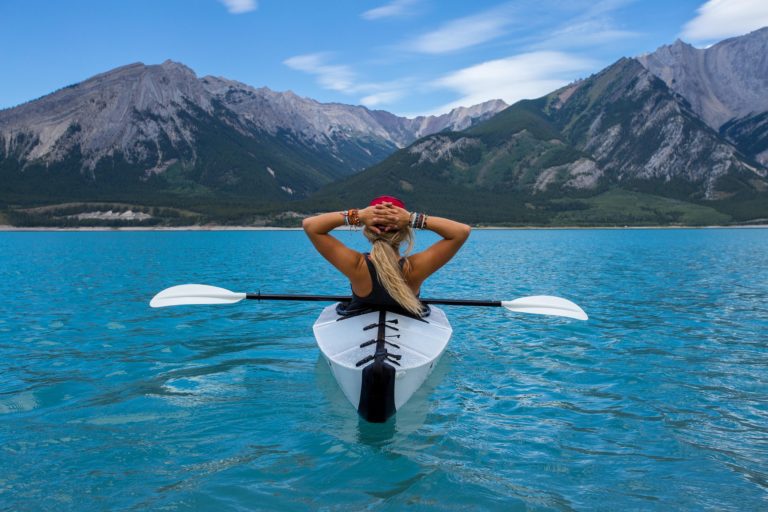
It’s Saturday morning, the sun is shining and it’s a perfect day to go out for a paddle. You grab
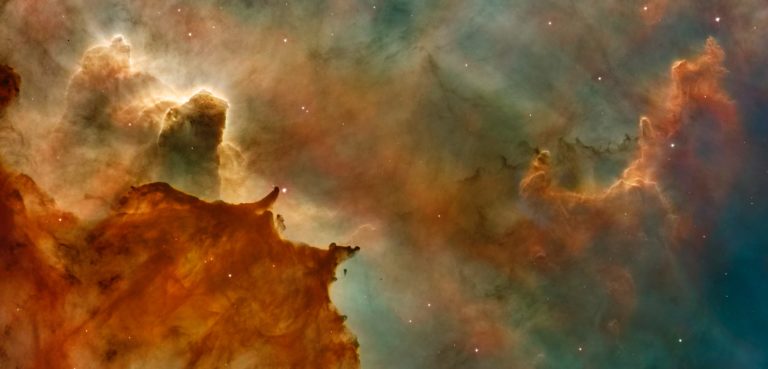
Since time immemorial scientists, philosophers and even us mere mortals have asked the question: are we alone in the universe?
Popular Posts
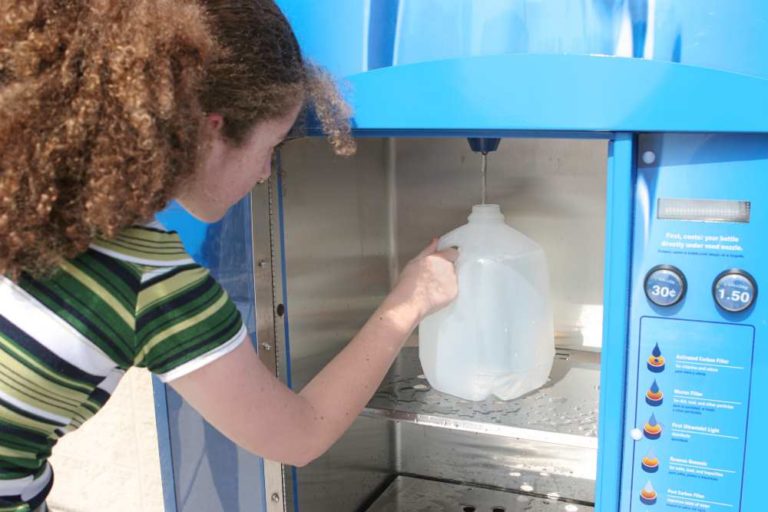
Water vending machines are as common in grocery stores as ATM machines but what kind of water are they really
For over 20 years, thousands of customers worldwide rely on Best Water for our excellent one-to-one support, high quality water ionizer products and competitive pricing. If you have any questions at all please call us. Our experienced techs are ready to help! Learn more about us.
© 2019 Best Water Inc. All Rights Reserved. Website & Branding by Elite Web Design